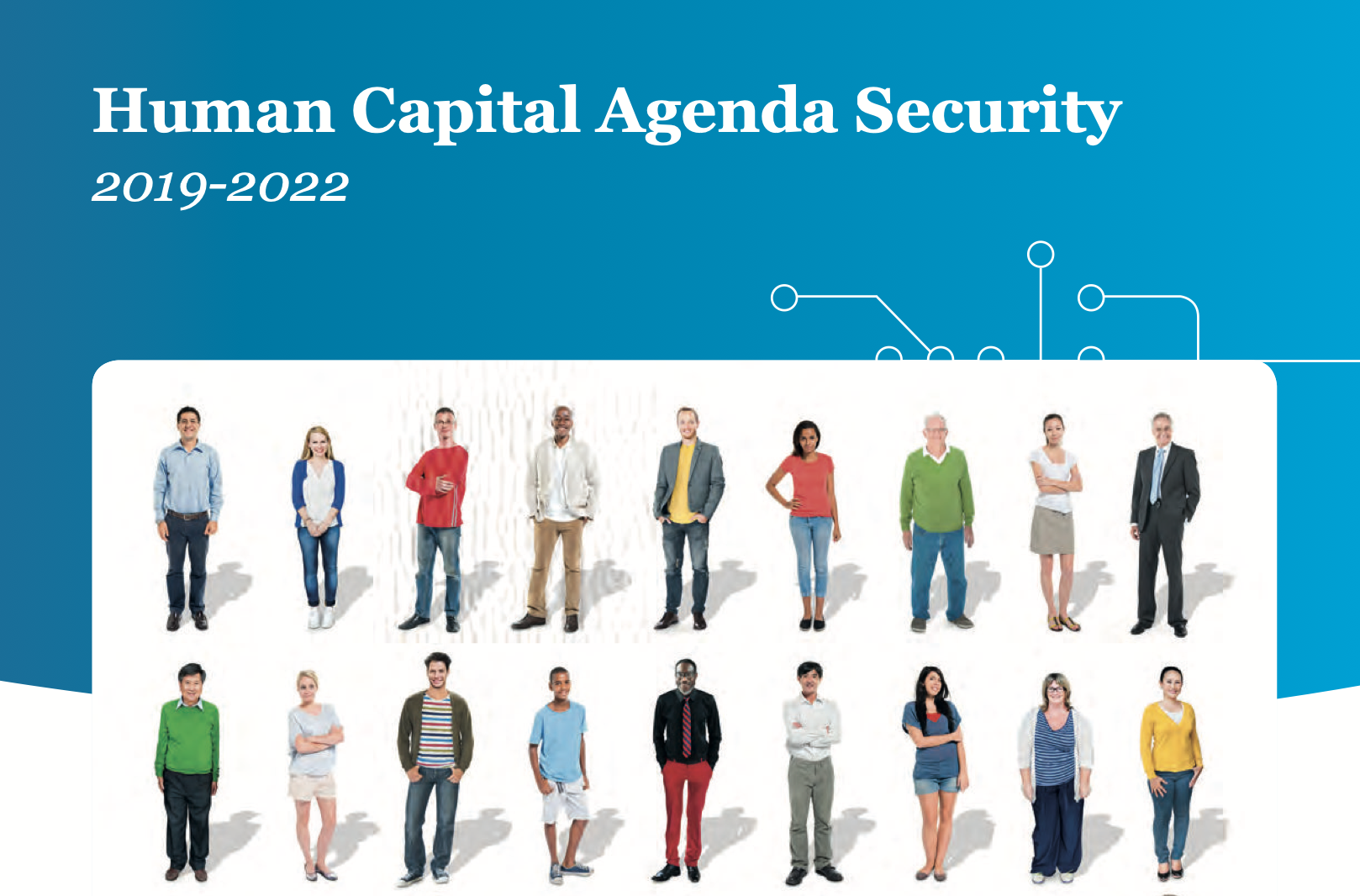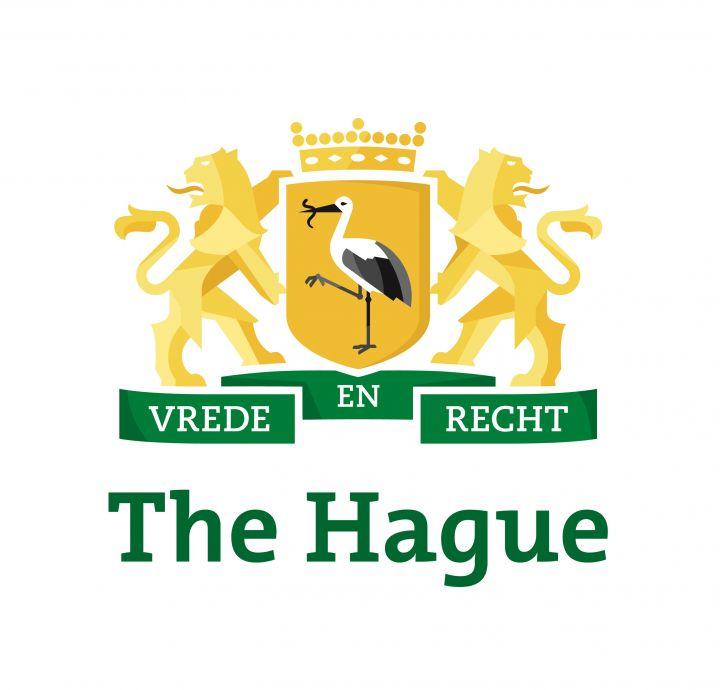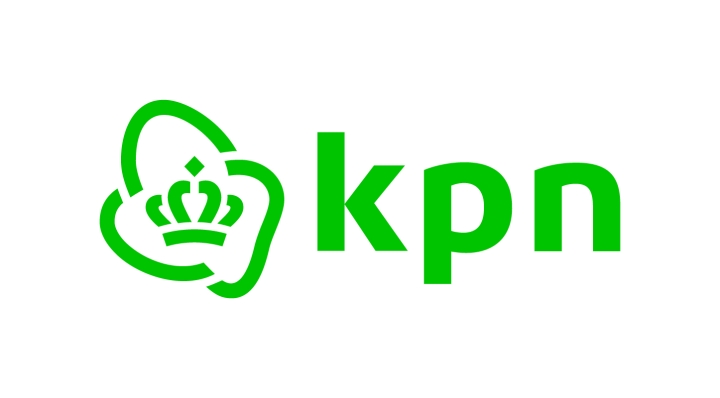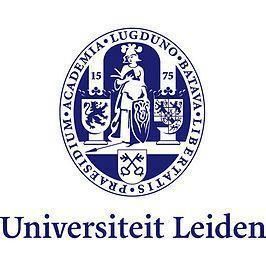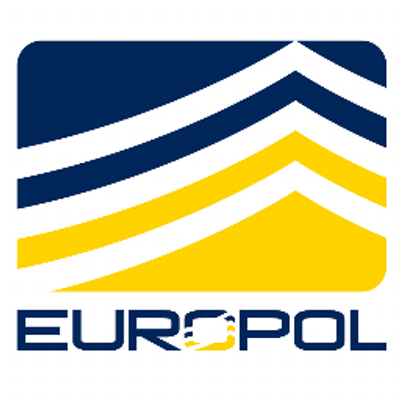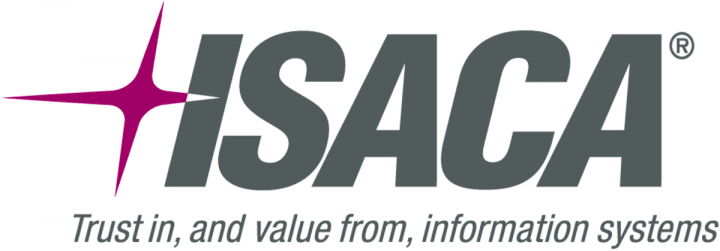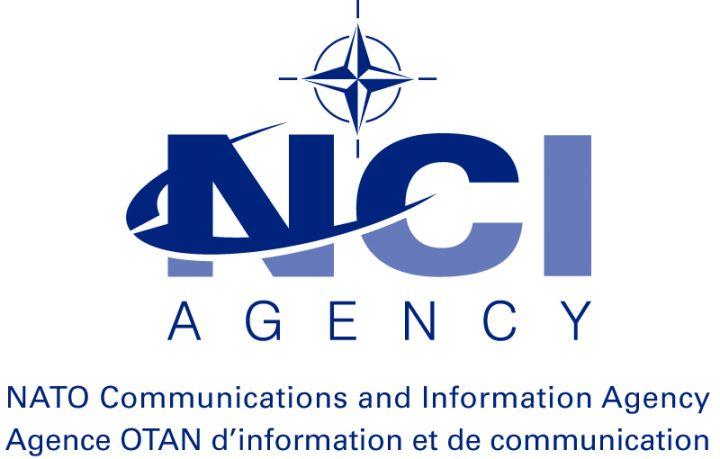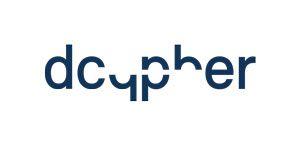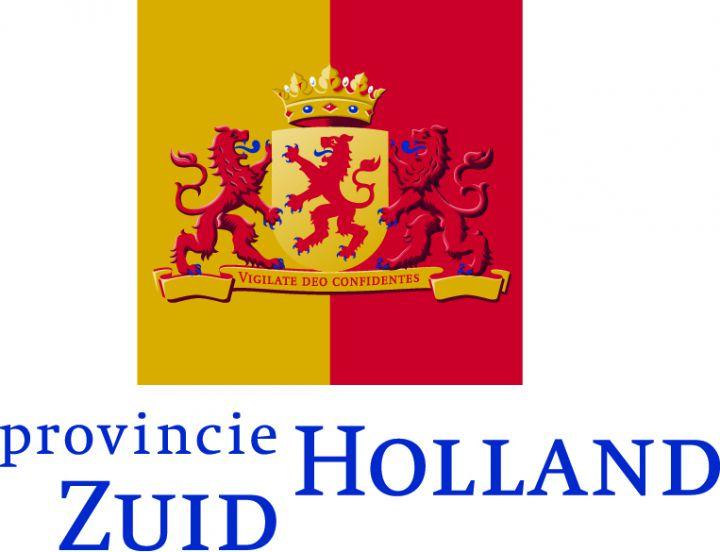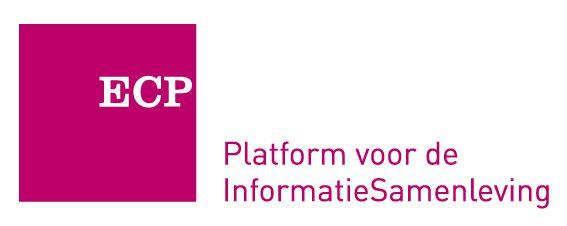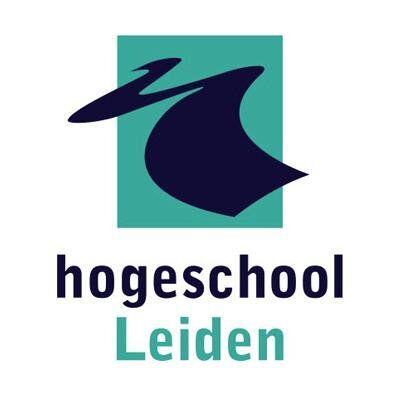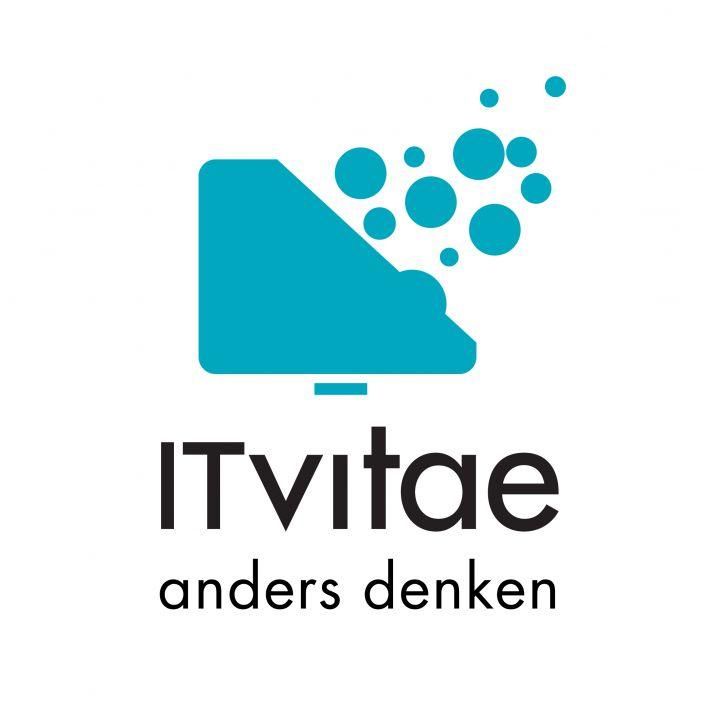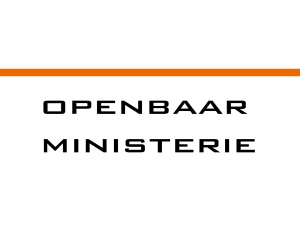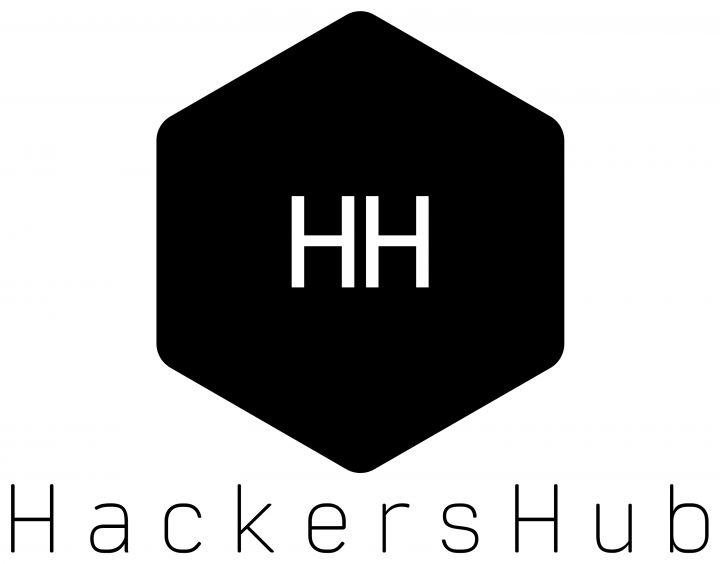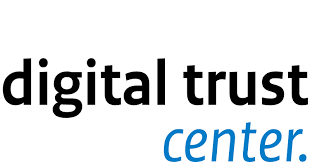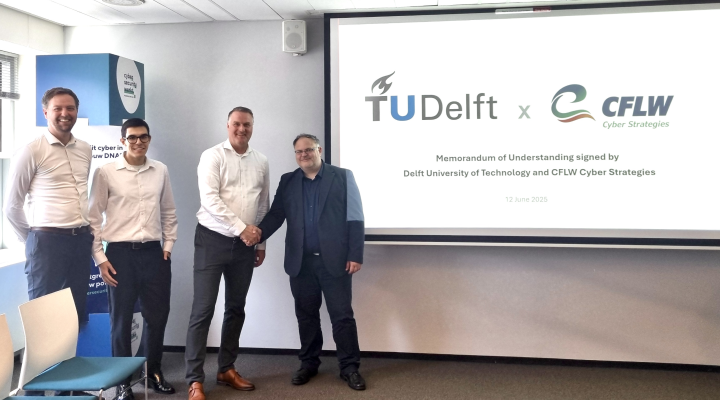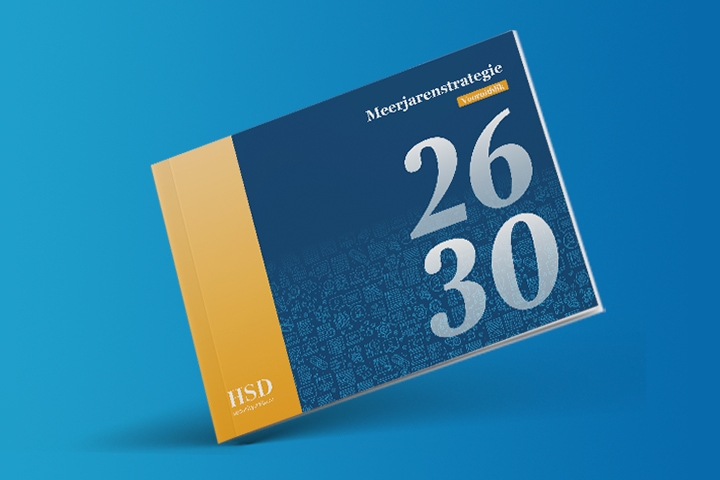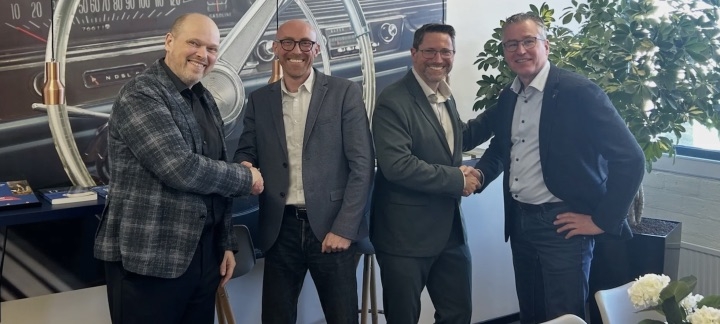Update: Activities Human Capital Agenda Security 2019-2022
Since 2019 Security Delta (HSD) executes the Human Capital Agenda Security, which we have developed in close collaboration with 40+ HSD partners. The goal of the agenda is to tackle the discrepancies in the labour market by improving the qualitative and quantitative match between demand and supply of security personnel. Because access to talent is a crucial prerequisite for the creation of innovative security solutions and the growth of the security sector.
In 2022 we will start developing a new Human Capital Agenda for the years to come. As discussed with our Advisory Board, we will perform a market analysis on expected employer needs and developments in education and training as a base for the Agenda.
As part of the Human Capital programme, we have developed several projects and activities. Some highlights:
- We have launched a new platform: www.cybersecuritywerkt.nl. Via this website everyone can find out whether a switch to the cyber domain or a cybersecurity job enrichment is of interest for them and how to take the next step towards this exiting field. The website includes knowledge about cybersecurity, an overview of different fields of work in cybersecurity, a career test based on work- and educational background and an overview of relevant vacancies for starters in cybersecurity.
- Our www.SecurityTalent.nl platform has been enriched with a Career Navigator and Dashboard of job-openings. These tools make it easier to determine the steppingstones for a career in security. In addition, SecurityTalent.nl provides an overview of the latest jobs, internships, training and education in the field of security. To stay on top of the latest vacancies of our partners, we partially automated tracking them. We will extended this to tracking courses and trainings end of this year. To inspire talents, we have published several interviews with people working in the security domain.
- Together with Europol EC3, NCI Agency and many HSD partners, we organised the 5th and 6th International Cyber Security Summer School, hosted from The Hague. Sixty students and young professionals from 20+ countries attended lectures on the most current cyber security topics. They were also challenged with cases to work on new solutions that make our online activities safer.
- HSD Office contributed to the annual Entrepreneurial Capstone 4TU Programme of the Universities of Twente and Delft aimed at computer science who chose a 2-year specialisation in cybersecurity. Via the elective ‘Capstone’ they get acquainted with HSD and the City of The Hague as the centre for cybersecurity in The Netherlands, and they are introduced to entrepreneurs and entrepreneurship. In groups, they worked on assignments provided by HSD partners.
- Several articles are published by us each year about the need for talent and together with CBS the study ‘Education and Labour Market’ was published in 2020 based on the latest available data. In this study, the broad field of security was analysed from both an education and a labour market perspective. We are currently working together with the Province of South Holland to set up a more continuous labour market monitor specifically for cybersecurity.
- HSD Office also joined the re-school programme We-IT (support career switchers toward IT-functions), investigated the possibilities and requirements for deploying cybersecurity hybrid teachers, organised the cybersecurity recruitment seminar, completed the cybersecurity talent programme P@ct together with partners for vocational level training and helped starting 'Cyberwerf'. Cyberwerf was a collaboration between Knowledge Institute Integral Security, HSD Office, ROC Mondriaan, several HSD partners and companies at industry park ZKD (Zichtenburg, Kerketuinen and Dekkershoek), with support of the Economic Board the Hague. It won the Computable awards in 2019.
Lucas Schotte, from The Hague, attended IT education at ROC Mondriaan. During his time at school, the education curriculum still existed of classical and theoretical classes with little attention for cybersecurity. Via the education programme ‘P@ct’ practical choice electives on cybersecurity have been added.
Lucas: “During my studies at ROC Mondriaan I got the opportunity to take part in an elective: Cyberwerf. Doing practical experience is important to get better insight into the cybersecurity field. It gives you an advantage after graduating. So, I was very willing to take part in this elective! During the course I have collaborated with five large companies in The Hague to develop a scan to assess the state of digital security of SMEs. Based on the ISO 27001 roadmap of the Digital Trust Centre (DTC).”
“I love the profession”, says young professional Colin Bouwer. “When asked if I wanted to join Cyberwerf, I immediately said 'yes'. We have carried out baseline measurements at a number of SMEs to see what the level of digital security is. Dredge. I can't make it more beautiful. Not everyone is aware of cybersecurity because they don't know it's important. We have given the entrepreneurs insight and advice on where improvement is possible. Yet many of them consciously take risks, because they think it's not that bad, the chance is small, and they will solve it if they are actually hacked. Ten years ago, you could get away with such an attitude, but not anymore.”
Because of the necessity of making SME’s more cyber resilient we have recently launched a larger cyber resilience initiative for SME’s in South Holland called ‘CyberKracht’, including the website www.ikhebcyberkracht.nl. This initiative is partly financed with an EU subsidy and 'Kansen voor West 2'. It is a collaboration of various organisations in The Hague and South Holland, with support from the Province of South Holland, InnovationQuarter, MRDH and Greenport.


